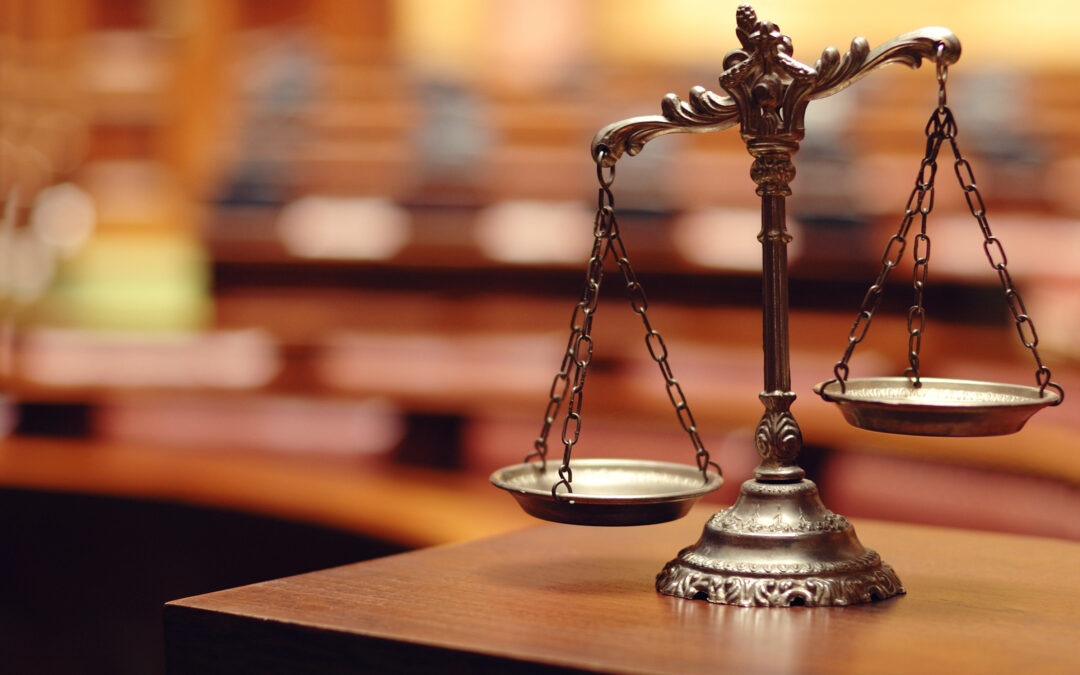Running a limited company means playing by the financial rules. One key rule is around dividends. Dividends must come from company profits. If you pay one without profits, it becomes an illegal dividend.
In this blog, we explain the impact of Illegal dividend tax consequences. We also share what directors and shareholders must watch out for.
At I Hate Numbers, we help businesses understand their finances. That includes dividends, tax, and compliance.
What is an Illegal Dividend?
A dividend is a payment made from company profits to shareholders. But profits mean distributable profits, not just cash.
The Companies Act 2006 defines profits as accumulated realised profits, less accumulated realised losses.
So, your company may show a bank balance in credit. But that does not always mean enough profit exists.
You can pay dividends in a loss-making year if brought-forward retained profits cover them.
However, if retained losses are greater, dividends are not allowed. Paying them then makes them illegal distributions.
Why Illegal Dividends Cause Serious Problems
Paying dividends without profit means your company breaks company law. It also risks being classed as insolvent.
Illegal dividends are not just bad accounting practice. They carry real tax consequences for companies and directors.
Tax Consequences for the Company
If you declare a dividend without enough profit, the law treats it as void.
That means the shareholder never validly received it. If the shareholder knew, they must repay it.
If the shareholder does not repay, more issues arise.
Loans to Participators Rules
When directors or employees keep illegal dividends, they are classed as loans. These loans must be repaid.
If not repaid within nine months and one day after year-end, a tax charge arises.
The charge is 33.75% of the gross payment, the same as the higher dividend tax rate.
This tax charge applies even if the company makes a loss.
Once the loan is repaid, HMRC refunds the tax to the company.
Tax Consequences for Directors and Shareholders
There are special rules for directors and shareholders. Let’s break them down.
Small Loans Exception
If the loan is under £15,000, some relief exists. The exception only applies if:
The shareholder is a full-time director.
Their holding is less than 5% of share capital.
Employment Related Loan Rules
Loans above £10,000 count as employment-related loans. HMRC treats this as a benefit in kind.
This creates a deemed interest charge. HMRC sets the rate, currently 3.75% per year.
The company must report this on P11D forms. It must also pay secondary Class 1A National Insurance.
If the company writes off the loan, it counts as repaid. But it still creates extra tax.
Liquidation and Director Risks
The risks grow if the company faces liquidation.
Liquidators review director conduct for the three years before insolvency. They check for illegal distributions.
If found, directors may face personal liability. They may be forced to repay the dividend.
The time limit to recover illegal dividends is six years.
This situation is rare but serious. It highlights why directors must be careful.
How HMRC Identifies Illegal Dividends
HMRC often looks for illegal dividends in company accounts.
Corporation tax returns now include iXBRL tagged accounts. This makes it easier for HMRC to spot problems.
If your company has negative reserves but still pays dividends, expect questions from HMRC.
Practical Steps to Avoid Illegal Dividends
Do not put yourself in a situation where you have to deal with Illegal dividend tax consequences.
Always check your retained profit before paying dividends. Having a digital accounting system like Xero pays for itself
Remember cash in the bank is not the same as profit.
Keep accurate, up-to-date management accounts.
Take professional advice if unsure.
Repay any unlawful dividend quickly to reduce risk.
FAQs on Illegal Dividend Tax Consequences
What is an illegal dividend in the UK?
An illegal dividend, also called an unlawful dividend UK, is a dividend paid without enough retained profit. It breaches Companies Act dividend rules.
What happens if I don’t repay an unlawful dividend?
If you don’t repay, HMRC may apply the director loan account rules. The company then faces a tax on illegal dividends UK.
How much is the tax charge on dividends without profit?
The charge is 33.75% of the gross payment. This applies if the unlawful dividend is unpaid after nine months.
Can directors be personally liable for unlawful dividends?
Yes. Under company law dividend rules, directors can face personal liability. In liquidation, they may have to repay unlawful dividends.
How does HMRC investigate illegal dividends?
HMRC uses iXBRL data to spot risks. An HMRC dividend investigation often begins when dividends appear alongside negative reserves.
What are the risks for shareholders of illegal dividends?
Shareholder dividend risks include repayment demands, extra tax charges, and potential personal liability if the company becomes insolvent.
Can unlawful dividends affect insolvency?
Yes. Paying dividends without profit can make a company insolvent. In such cases, dividends and insolvency risks increase for directors.
What should I do if I paid an unlawful dividend?
Act quickly. Repaying unlawful dividends reduces risks. Take advice from an accountant to avoid penalties and protect your business.
Book a FREE 15 minute consultation Today
Plan It, Do It & PROFIT!
